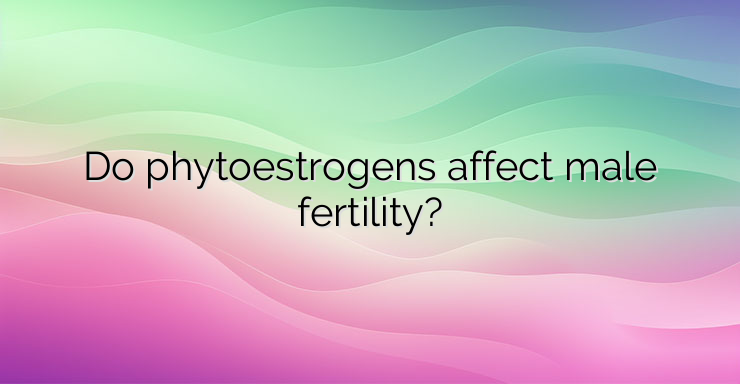Are phytoestrogens harmful? Phytoestrogens are substances that can be found in plants and, accordingly, in plant-based foods. According to some widely held opinions, high intake of phytoestrogens can disrupt the hormonal balance of the body. In fact, phytoestrogens are substances that can affect the body’s endocrine system when consumed in high enough doses. However, there is insufficient evidence that phytoestrogens have harmful effects in humans. Several studies have shown that high intake of isoflavones from soy-based foods can suppress thyroid function in the presence of insufficient iodine intake. Studies also show that isoflavones can suppress thyroid function in people who have hypothyroidism. However, most studies in healthy people have not found a significant relationship between isoflavones and thyroid function. There is currently not enough good evidence to link other known phytoestrogens with adverse health effects in humans. Do phytoestrogens impair male fertility? When it comes to men’s health, scientists are most concerned that excessive intake of phytoestrogens can reduce male fertility. A study in cheetahs showed that high intake of phytoestrogens impaired their fertility. However, the scientists point out that phytoestrogens likely have different effects in carnivores, such as cheetahs, compared to omnivores, such as humans. In fact, there is no conclusive evidence linking high intakes of phytoestrogens to fertility problems in humans. The most studied phytoestrogens are soy isoflavones. An analysis of 15 studies concluded that soy isoflavones, whether in foods or supplements, did not alter testosterone levels in men. In addition, one study showed that taking 40 milligrams per day of isoflavones in supplement form for two months did not impair the quality or volume of semen in men. However, not all studies agree. Another study showed that high intake of soy, which is rich in isoflavones, was associated with lower sperm counts, but researchers don’t know if the isoflavones are responsible for these results. Overall, most of the data show that isoflavones do not adversely affect male fertility. However, scientists know little about the effects of other phytoestrogens or the long-term use of high-dose supplements in humans. More research is needed. Bibliography: 1. PubMed. Male reproductive disorders in humans and prenatal indicators of estrogen exposure. A review of published epidemiological studies 2. PubMed. Soy, phyto-oestrogens and male reproductive function: a review 3. PubMed. Estrogens and phytoestrogens in male infertility 4. PubMed. Clinical studies show no effects of soy protein or isoflavones on reproductive hormones in men: results of a meta-analysis


Leave a Reply